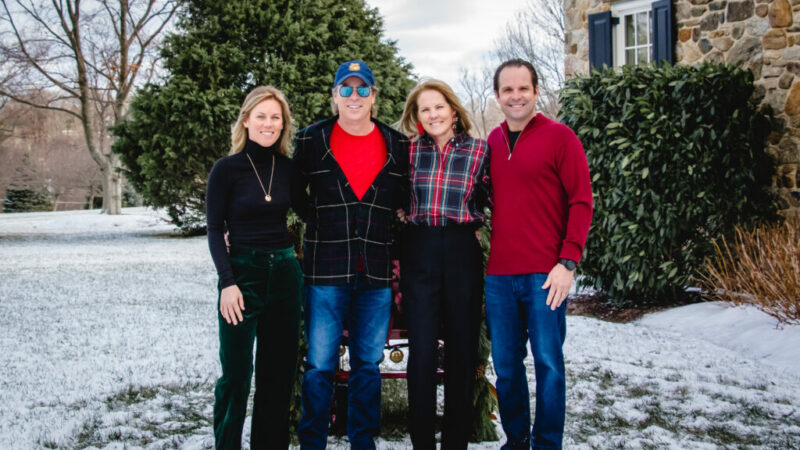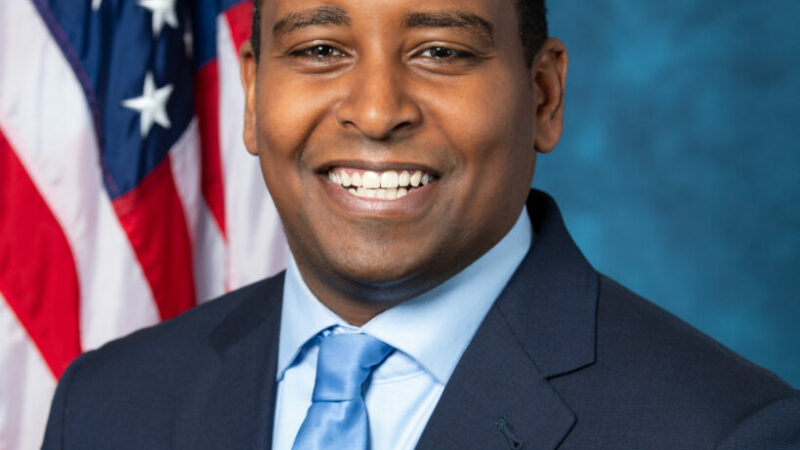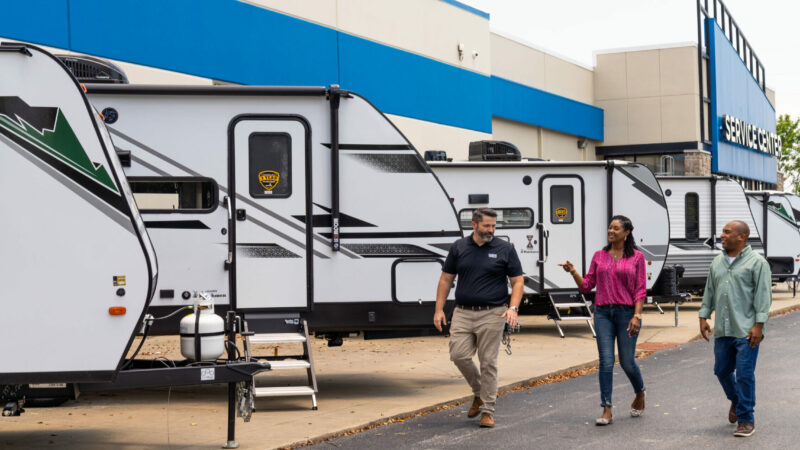Desired Return vs. Real Value: What is a Dealership Worth? – RVBusiness – Breaking RV Industry News
RV dealers continue to receive quality education on potentially selling their businesses thanks to a number of sessions on the topic presented by Morgan Stanley and Performance Brokers.
On Tuesday, Brad Stanek of Morgan Stanley and Jesse Stopnitzky of Performance were joined by Jane Saxon of CBIZ Somerset and Debbie Brunoforte, regional vice president of Campers Inn and president of Little Dealer Little Prices.
The session was entitled “Thriving in Challenging Times: A Panel Discussion on Maximizing the Value of your RV Dealership Sale.”
Over the past year, Brunoforte sold her three-dealership business to Campers Inn, so she has been through the process and come out the other side in a good position.

“I spent much of my career trying to support the independent RV dealer,” Brunoforte said. “I’m a strong believer there will always be a place for a strong independent dealer. But the reason I chose Campers Inn when I decided it was time – the main reason was trust, because I had never done this before and the people acquiring me are experienced. I was in a situation where I really don’t know what I don’t know.”
She said her trust in Campers Inn was earned over time. In fact she pointed to several “gotcha” moments after the sale that could have become problems, but she was pleased with the fairness of the solutions.
She said the other major reason for partnering with Campers Inn was her desire to maintain a legacy.
“I wanted it to be a company that had a high level of integrity,” she said. “Campers Inn is the largest family-owned dealership in the country. They’re going to do the right thing for the employees and the customers.”
But as with anything, circumstances change. And Stopnitzky told dealers that uncertainty that is weighing on the RV industry, the economy in general and the government with an election year approaching are making it more difficult to accurately gauge what outcome a dealer can expect.

He said two factors – market and value – influence prices much like supply and demand. The number of dealerships potentially on the market can have an effect on the value of any dealership, no matter how much goodwill and how many good brands they dealer has.
“Despite these challenges, the national dealership groups are still in the hunt for quality acquisitions that fit their long-term growth objectives,” Stopnitzky said. “They understand that when those stores are acquired and taken out of circulation, it could be another decade before those stores come back to the open market.”
For now, dealership sales have remained fairly steady, with Performance taking part in 92 sales in 2022 and 84 sales in 2023.
But four trend are affecting the market.
- A shrinking buyer pool
- Rising interest rates
- Rising acquisition opportunities
- The aforementioned sentiment of uncertainty
Stanek said that against that backdrop, it is important for any dealer thinking about selling to have a solid expectation of what he wants out of the sale of his legacy business. Price is a function of that, but not the only factor.

For example, a dealer might have a dollar-figure in mind for the sale, but what if he gets close but doesn’t get that magic offer. Is there any guarantee that offer will come if he waits three to five more years?
A repeat of 2008-09 could mean the dealer has to spend another decade in the workforce building the business back up just to get the same lower offer he had in hand now.
Another factor still complicating the market is the COVID years. Ordinarily when trying to get a good valuation of what a business is worth, going back over three to five years of records gives sufficient data for brokers to see what a dealership’s regular business is like.
But going back three years from today still lands in the middle of the high-sale days during COVID where it didn’t much matter what was on the lot, people were going to buy it.
Also because of the unique nature of each dealership, Stopnitzky strongly recommends against comparing a business against a sale that a friend’s dealership underwent. He said that creates dangerous expectations that might not be warranted.
“Preparing for the sale is complex. It’s emotional,” Saxon said. “But it requires planning an execution. A planned exit can result in maximizing the value of the dealership.”

Proper estate planning is just one component.
The emotional side is another. Does the dealer still want to be part of the business if it is owned by someone else?
The financial side is the most talked-about aspect of the sale.
Accurate and up-to-date financial statements are just a starting point.
“A potential buyer is going to look at your financial statements, don’t make them have to dig through muck to understand the performance of your dealership,” she said. “Muck results in devalued businesses.”
She said it is important to make good lists of assets owned by the business outside of just the inventory.
Golf carts used to tote customers around the lot to look at various models are an example of something that often can be overlooked, but are valuable assets.
When the time comes, each of the speakers mentioned the value of having a good team in place to advise and handle the deal.
“I think it’s really important that you work with people you really trust,” Stopnitzky said. “For most dealers, this is so much more than business – it’s an identity. This is about legacy. It needs to be handled with care and discipline and diligence by people you trust.”
“We don’t always plan when we’re going to sell,” Saxon said. “Sometimes we get a knock at the door and it’s the right time. Having a trusted team and a team that works really well together is important.”







